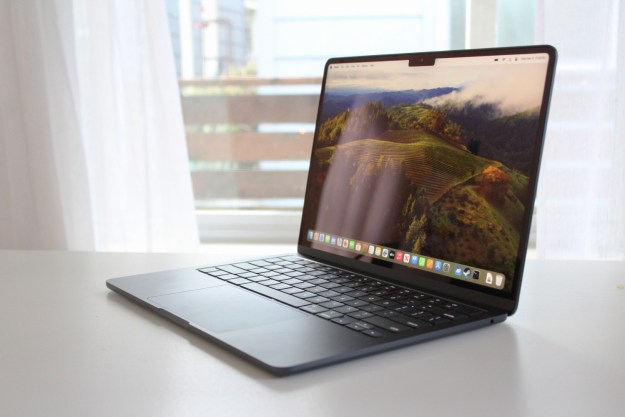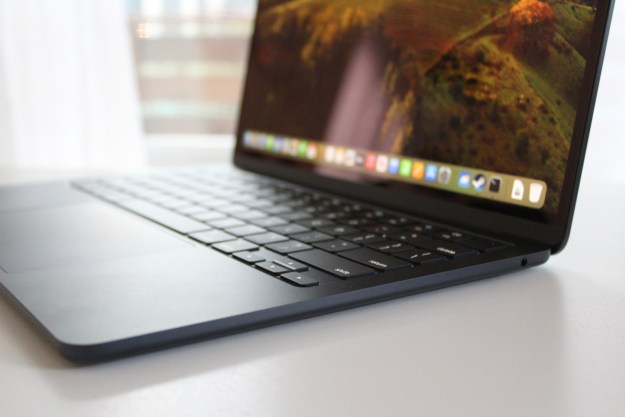Thunderbolt ports have been a Mac feature for years — long before the technology came to Windows. In spite of parting ways with Intel on silicon for the Mac, Apple has announced it will continue to work with Intel to continue to ship Macs — even future ones with custom Apple silicon — with Thunderbolt ports.
“Over a decade ago, Apple partnered with Intel to design and develop Thunderbolt, and today our customers enjoy the speed and flexibility it brings to every Mac,” Apple’s statement to The Verge read. “We remain committed to the future of Thunderbolt and will support it in Macs with Apple silicon.”

After Apple had made the announcement that it will be migrating away from Intel’s x86 platform in favor of its own custom ARM-based silicon, developers and enthusiasts were wary what the move may mean for the future of Thunderbolt on the Mac.
Notably, the Mac Mini development kit that debuted at the Worldwide Developers Conference 2020 did not ship with Thunderbolt 3 ports and instead relies on standard USB-C connectivity, whereas the Intel-based Mac Mini available for purchase today comes with four
Thunderbolt 3 is currently supported on nearly all of Apple’s Mac lineup, including the MacBook Air, MacBook Pro, Mac Mini, iMac, and Mac Pro.
With Apple’s confirmation that Thunderbolt will survive the Intel divorce, developers and Mac supporters won’t have much to worry about in this regard.
Apple’s statement that it will support Thunderbolt on future Macs regardless of silicon architecture comes on the heels of Intel’s Thunderbolt 4 announcement.
Intel says Thunderbolt 4 will initially debut with Tiger Lake laptops, many of which will fall under the Project Athena specifications, though it will later release chips to PC manufacturers to offer
For its part, Apple did not state whether it will use Thunderbolt 3 or the newer
Editors' Recommendations
- These 6 tweaks take MacBooks from great to nearly perfect
- The biggest threat to the MacBook this year might come from Apple itself
- Why you should buy a MacBook Pro instead of a MacBook Air
- Here’s more confirmation that 2024 will be a slow year for Macs
- Which color MacBook should you buy? Here’s how to pick


